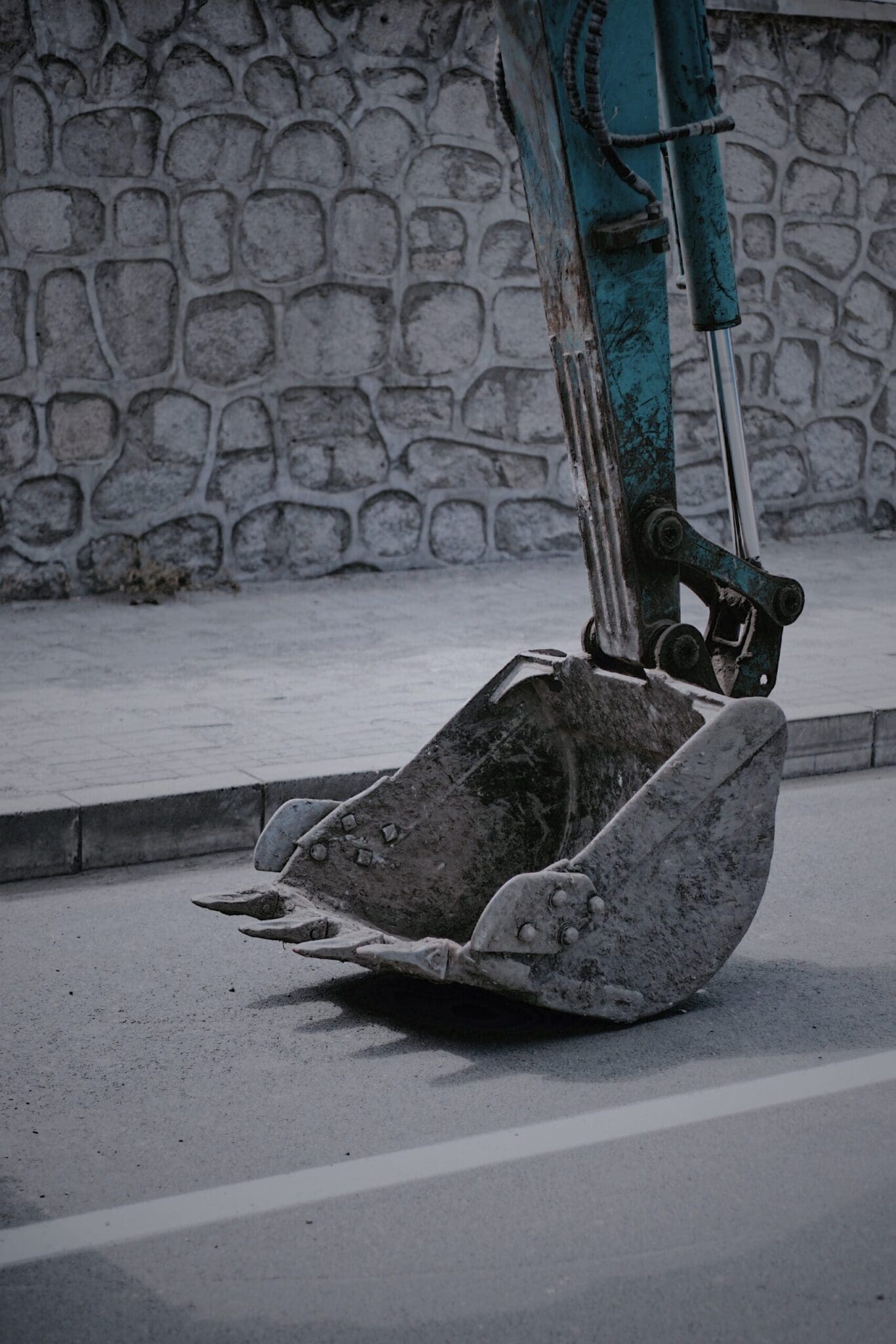Construction companies across the UK have been hit by scores of problems caused by supplier failures in health and safety and financials – yet remain confident they are adequately managing risk.
In a market survey, three-quarters (75%) of UK construction companies said they were confident the way they managed their supply chain helped them successfully identify and manage risk.
But almost a third (29%) of construction companies had experienced problems due to a supplier’s financial instability. One in five (20%) had experienced problems due to a supplier’s poor health and safety practices.
Further, almost a quarter (23%) of construction firms admitted they did not even know how many of their suppliers were considered to be high risk. High risk was defined in the survey as those suppliers whose failure could damage a firm’s financial or reputational standing or ability to operate normally.
The market survey was commissioned by Achilles, which operates BuildingConfidence, a pre-qualification and accreditation scheme which is used by 19 major UK construction firms to certify and validate suppliers. The survey was conducted by independent research company IFF, which interviewed procurement professionals from 35 large UK construction companies with more than 250 employees.
The UK construction industry accounts for just 5% of the British workforce but is responsible for 31% of all workplace fatalities and 10% of major or specified injuries, according to Health and safety in construction in Great Britain, 2014.
Lee Brunsden, BuildingConfidence community manager at Achilles, said: “In a safety critical industry like construction, all firms have a responsibility to ensure every employee and subcontractor working on site is able to return home safely to their family at the end of every day.
“But this survey suggests some companies might be unable to meet that responsibility – because they don’t know the risk profile of suppliers.
“The key to minimising risk is prevention. We have found the best way to do so is through a combination of gathering comprehensive information on suppliers in business critical areas, assessing each supplier using a risk matrix, and performing wide-ranging audits on those deemed to be medium and high risk.
“Construction companies can effectively tackle risks associated with suppliers through working collaboratively to apply common standards required of all contractors. By working in a network, businesses can share the administrative burden of collecting, managing and updating business critical information about suppliers.
“With accurate data about their suppliers, construction firms have the information they need to make clever decisions to proactively manage and mitigate risk.”

